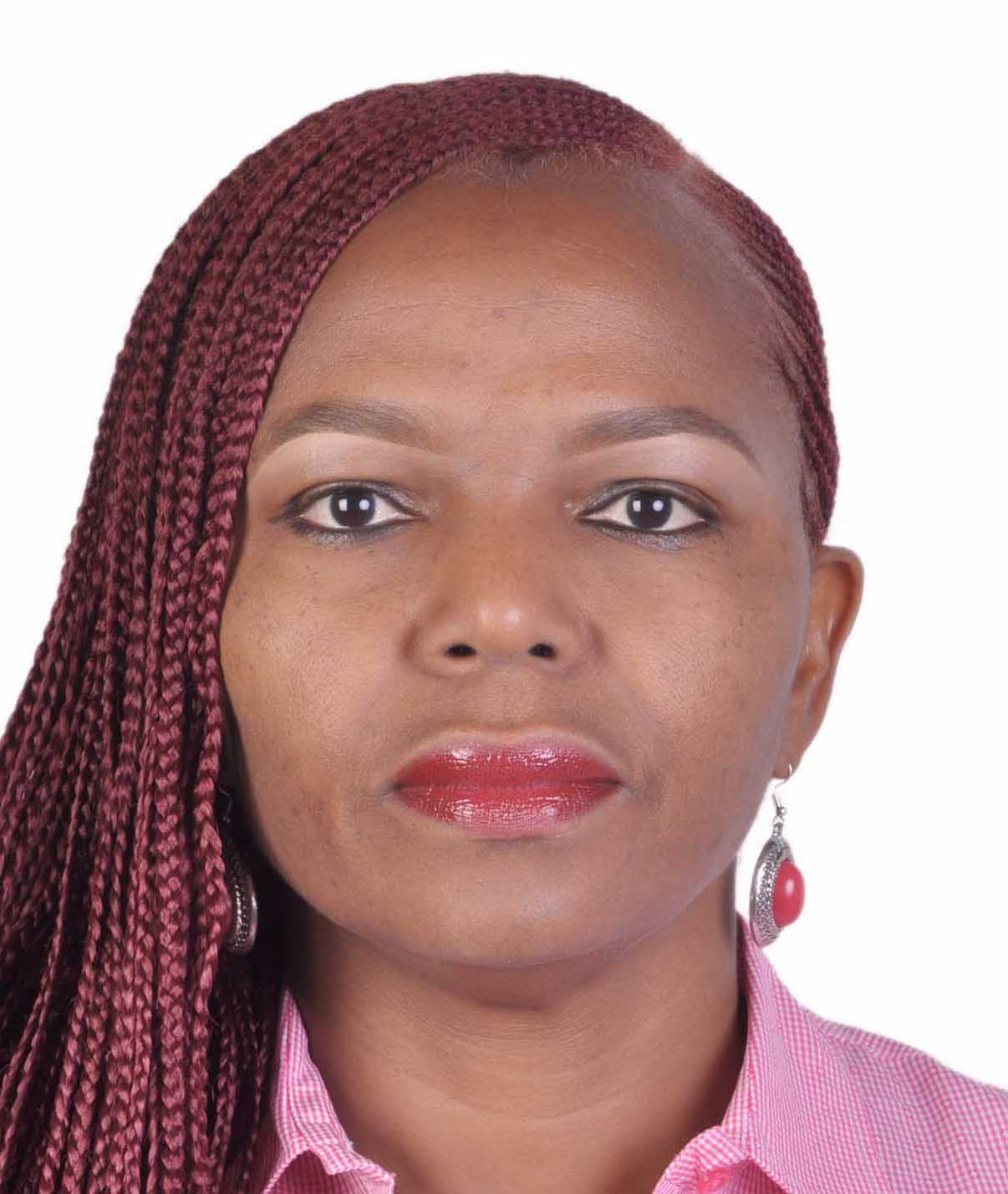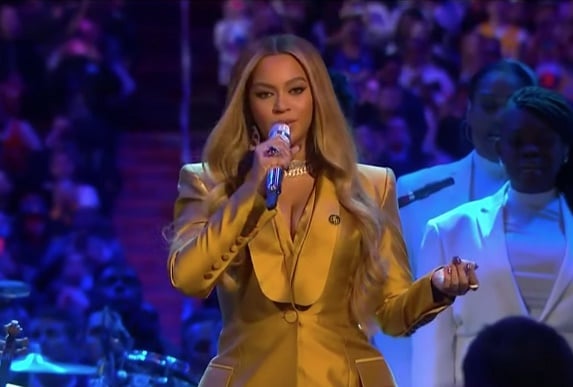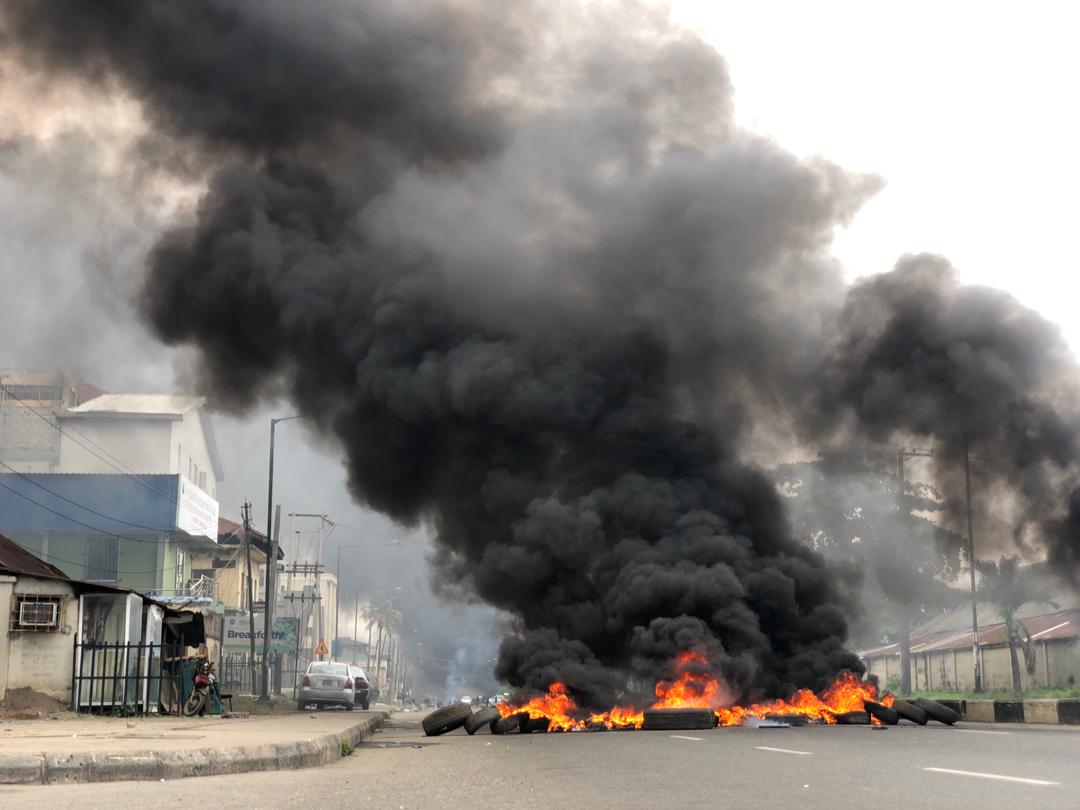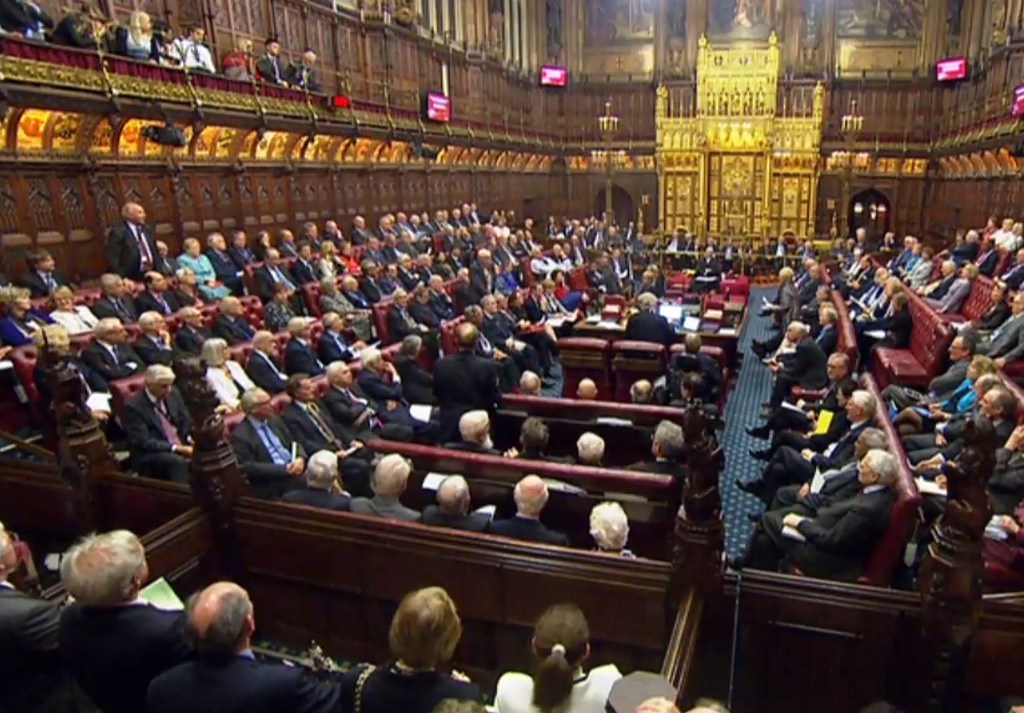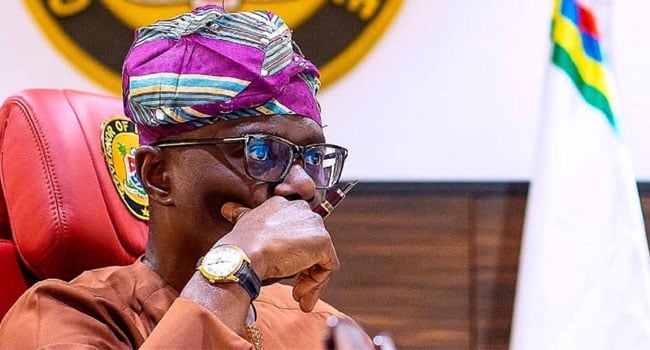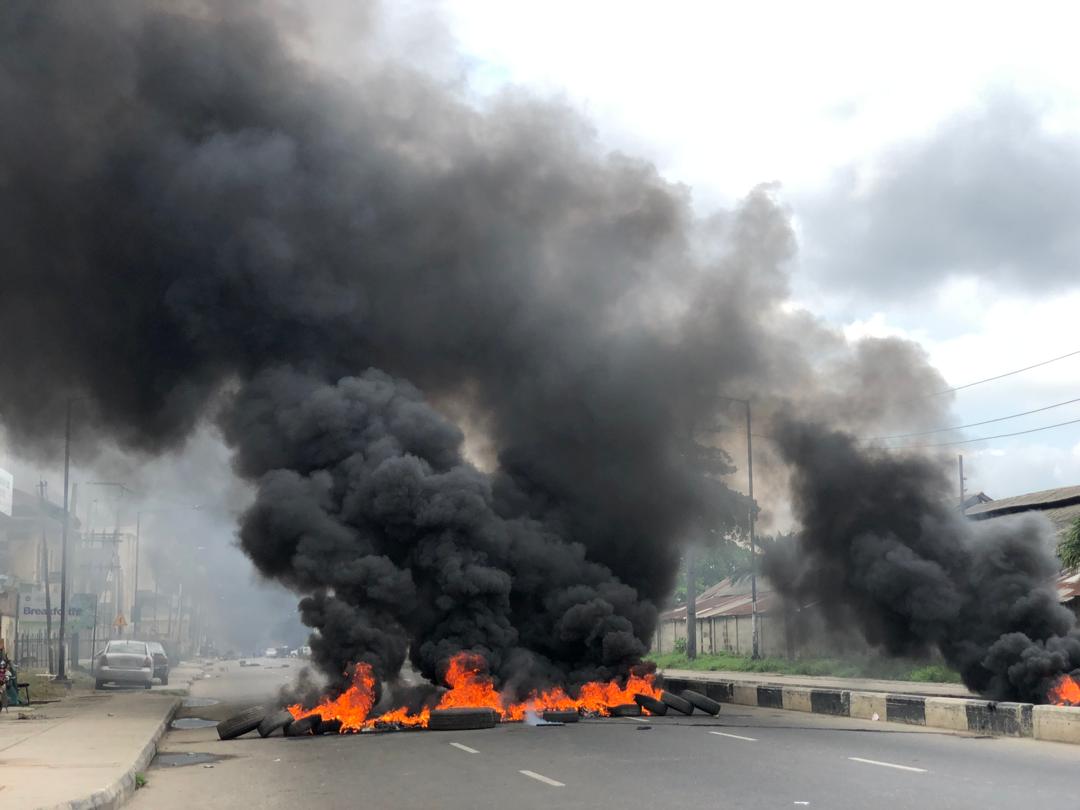– You’re either for SARS or against SARS
All things being equal, today is Day 14 of the ongoing #EndSARS protests around Nigeria. I say ‘all things being equal’ because as at the time of writing this, the largely peaceful protesters are reportedly being attacked by thugs. These thugs somehow have unfettered freedom to wreak havoc on people and property. In Abuja on Monday, cars belonging to #EndSARS protesters and even non-protesters were burnt, some protesters were killed, and a state of anarchy seemed to be looming. Still on Monday in Benin-City, thugs also appeared to have had a free reign as they attacked peaceful protesters, purportedly freed inmates from two maximum security prisons. On these and many other examples of violence, many people have surmised that violence may have been instigated by the government (or people who benefit from the status quo) in order to use it as a justification to shut down the protests. Now, there’s talk that the Nigerian federal government may declare a curfew. So far, Edo and Lagos states have declared curfews with Lagos declaring a curfew that was to begin at 4 pm at 12 noon!
The fight is far from over but let’s cast our minds back to when these #EndSARS protests began. On October 3, 2020, a Twitter user named Chinyelugo with the handle @AfriciaOfficial2 tweeted about a young man allegedly left for dead by men of the Special Anti-Robbery Squad, SARS in Ughelli, Delta State. By October 7, after the incident had generated a lot of interest globally on the social media, major #EndSARS protests began in Lagos. For sure, this wasn’t the first ever anti-SARS protests. As far back as 2015 or even earlier, the campaign had been to EndSARS. However, in 2020, the EndSARS protests blew up like a fuse waiting to be ignited. It’s highly unlikely that anyone expected this outcome.
In spite of the fact that the success of the EndSARS protests caught many by surprise, there are those, especially people from the older generation, who are quick with advice. How the youth need to get leaders, enter into negotiations with government, etc. There’s also the “during our time” comparisons. And when it looks like the young people are not paying particular attention, you hear the inevitable talk about disrespect bla bla… One thing that has become dubious is the old African adage that says: ‘What an elder sees sitting down, a young person cannot see even if they climb the tallest tree.’ I know the proverb is not to be taken literally but I bet what young people can see with the help of technology (like drones and co) is more than anything their elders can see.. Aside from the older generation giving unsolicited advice, there’s their preoccupation with the protesters leaving the streets. They complain of all kinds of inconvenience and how people are unable to go about their business. By the way, I belong to the older generation and for the purposes of this write up, anyone from 50 years and older belongs to the older generation. I’m being generous as youth in Nigeria is loosely between 18-35 years.
Advertisement
What’s the big deal about their being inconvenienced anyway? I’m sure if I lived near any of the hotspots, I’d feel inconvenienced too. Just heard that one of my younger brothers, unable to get home (because of Monday’s mayhem caused by thugs) has had to relocate his family out of the Apo area of Abuja with the help of soldiers. But the way some paid government people spin this, you’d think Nigerians were enjoying a boon in their lives right now. Who is in a hurry to get to their businesses so they can earn N30,000 ($63) monthly minimum wage? A bag of rice now costs more than N30,000. I hear COVID-19 tests cost N50,000. Nigeria’s electricity tariff went up during a pandemic when Ghana our West African neighbour was giving its citizens free electricity and water. And God forbid you fall sick and have to go to the hospital. Exactly what are we being inconvenienced from? Does anyone care about the hardship millions of Nigerians face daily?
Don’t get me wrong. I concede that older people do have a right to ask questions. Or worry about everything that can go wrong and also have a right to grumble. You do not get to that age especially in a country like Nigeria without knowing how quickly things can go bad. We’ve lived long enough to witness the rot. Yet. This is not the time for the older generation to be self-righteous in their “I told you so.” It’s certainly not the time to wax eloquent by pointing out the million ways young people have mismanaged the protests. Usually, some part of the older generation is always on standby to gloat when things go awry. It happened a long time ago during the advent of the new generation banks. When some of the banks failed, older banks felt vindicated in their lack of creativity. Even if things don’t work as planned by the young protesters, they’ve achieved a feat by bringing global attention to the EndSARS campaign. They’ve also seen their power.
- What Can The Older Generation Do?
There are so many things the older generation can do from financial to the spiritual. But they must first resolve to support young people and their struggle. Perhaps the first thing the older generation can do, the ‘know-it-all-seen-it-all’ types, is to amplify the demands of the young protesters. For instance, there’s the #5For5 list of demands made on October 11, 2020. They’re in three phases: now, short-medium term and medium to long term.
Advertisement
In the short-medium term:
- Justice for all deceased victims of police brutality and appropriate compensation for their families.
- Setting up an independent body to oversee the investigation & prosecution of all police misconduct (within 10days).
- In line with new Police Act, psychological evaluation and re-training (to be confirmed by an independent body) of all disbanded SARS officers before they can be redeployed.
- Increase police salary so they can be adequately compensated for protecting lives and property of citizens.
There are different wordings to these demands, but the main gist remains that government must help SARS victims, compensate their families, reform police, and improve police welfare. Surely on these, the older generation can help to exert some pressure on our leaders? It doesn’t matter how they came to be in their positions. In any case, many of these leaders belong to the older generation. Shouldn’t it be easier to reach these people, some of who are in our same age and mindset?
Instead of focusing on the many things young people are not doing right, how about asking our leaders some questions: Why has the Nigerian federal government not shown empathy and a human face by acknowledging SARS victims? Has any form of contact been made with the families of these victims? Why can’t the government make an example of a few “bad eggs” like the horribly awful James Nwafor of the infamous Awkuzu SARS and others? If these were done, government’s hand would be strengthened. It would earn the young people’s trust and perhaps restore some of its lost integrity. Yet. Nwafor is supposedly at large. Ordinary citizens, young people mind you, have had to issue a monetary reward to anyone with information about Nwafor’s whereabouts. As at the time of writing this, the prize stood at over N3m.
- More Questions For The Older Generation
Why isn’t the older generation asking questions about why it’s faster and easier for Godwin Emefiele’s Central Bank of Nigeria (CBN) to freeze accounts belonging to people linked to the #EndSARS protests than to stop the fleecing of ordinary Nigerians through frivolous fees? Incidentally, these fees aren’t aimed at a specific age group as it affects both the old and young. From my personal experience, a bank account I hadn’t used in almost 2 years continued to be charged all kinds of fees until it went into minus. A newly opened domiciliary account for my daughter was charged for the maintenance of her ATM card. Except that the said card had yet to be activated because it required using the bank’s own ATM machine which wasn’t possible at the time the card was collected. So, an account that hasn’t been operated, a card that hasn’t yet been activated in over a year but bank charges almost N4,000 from her Naira account for reasons not yet clear. And so on and so forth. Think of those ATM maintenance charges, stamp duty, SMS fees, etc. Some of the fees are negligible until you multiply them by the millions. Yet, Mr. Emefiele isn’t bothered (and hasn’t been pressed enough to be bothered) because no one’s job is on the line. I know this is beginning to sound like an #EndCBN rant, but you do get my drift?
Advertisement
- Is it A Crime To Be Young In Nigeria?
I’ll like to think that a gap between the old and young exists in many cultures but we seem to have a special thing against young people in these parts. They are condescendingly referred to by some as ‘the phone-pressing generation.’ But it didn’t used to be this way in Nigeria. Some of those who now look down on young people themselves got into government and other leadership positions when they were very young:
President Muhammadu Buhari became governor of the North-Eastern State in 1975 at 33 years. General Yakubu Gowon became Nigeria’s Head of State in 1966 at the age of 32. M.T Mbu became the minister of Labour in 1953 at the grand age of 24! A year earlier, he’d represented Ogoja in the Eastern House of Assembly and House of Representatives. Chinua Achebe was 28 when he wrote Things Fall Apart in 1958. Chukwuemeka Odumegwu-Ojukwu was 34 when he became the leader of Biafra in 1967. Wole Soyinka was 25 when The Lion and the Jewel was first performed in Ibadan in 1959 (it was published 1963). Anthony Enahoro, one of those who fought for Nigeria’s Independence became the editor of the Southern Nigerian Defender (owned by Nnamdi Azikiwe) in 1944 at the age of 21. And in 1953 at 30, Enahoro was the first to move the motion for Nigeria’s Independence, eventually granted in 1960.
By the way, the foregoing is just a random list but it’s a good reminder that we weren’t always this gerontocratic. I’m not saying that we don’t need the experience of the older generation. But what’s there to boast about? What legacies have we bequeathed to the younger generation? The poverty capital of the world? Mindless corruption? I’m sure you’ve seen the sad joke making the rounds about how young people were able to feed protesters with a fraction of what the government would’ve spent (or claimed to have spent) if they were the ones in charge of feeding. Remember Sadiya Umar-Farouq, Minister of Humanitarian Affairs, Disaster Management and Social Development (this is such a mouthful) reportedly spent over N500m to feed children at home at the height of the COVID-19 lockdown in Nigeria.
The short of all this? The #EndSARS protests needn’t be an age thing. Even if young people are being disproportionately targeted by SARS and the police, aren’t they our children? To recap: As far as #EndSARS is concerned, you’re either for the protests or you’re against the protests. If you’re against the protests, it means you do support the SARS. And we all should condemn the use of thugs. Otherwise, you can’t be complaining about Nigeria and its many problems but castigate the people brave enough to speak out. These young people, at the risk of injury and death, are saying #EndSARS, calling for police reform and better welfare for police which part of that do you disagree with?
Advertisement
Onoshe Nwabuikwu, AIRTIME columnist is a renowned TV/Film critic, and Film scholar. She also has experience in Advertising as a senior Copywriter and Corporate Communications as Communications consultant. Email: [email protected]
Advertisement
Add a comment
